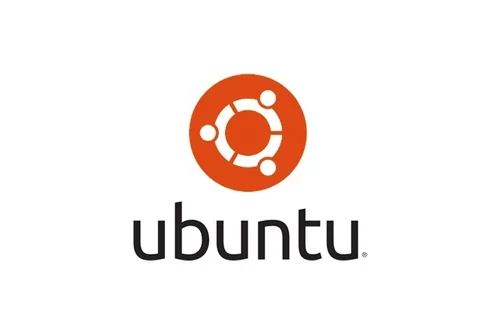Ubuntu Operating System
Ubuntu is a popular open-source operating system based on Debian Linux. It’s known for its ease of use, regular release cycles, and strong community support. Here are some details:
History:
- Origin: Ubuntu was founded by Mark Shuttleworth and his company Canonical Ltd. in 2004.
- Philosophy: The name “Ubuntu” comes from an African philosophy meaning “humanity to others” or “I am what I am because of who we all are.”
Features:
- Open Source: Ubuntu is built on open-source principles, allowing users to modify, distribute, and enhance the code freely.
- User-Friendly Interface: It offers a user-friendly desktop environment that’s easy for newcomers to navigate.
- Regular Releases: Ubuntu has a regular release cycle (every six months) providing the latest features, enhancements, and security updates.
- Software Center: It includes a Software Center where users can easily download, install, and manage applications.
- Variants: Besides the standard Ubuntu Desktop, there are versions optimized for servers (Ubuntu Server), minimal installations (Ubuntu Minimal), and specific purposes (Ubuntu Studio for multimedia editing, Kubuntu with the KDE desktop, etc.).
- Package Management: It uses the Debian package management system (APT) for easy installation and updates of software packages.
Technical Details:
- Kernel: Ubuntu uses the Linux kernel.
- Desktop Environments: Initially, it used the GNOME desktop environment but offers various flavors now, including KDE (Kubuntu), Xfce (Xubuntu), LXQt (Lubuntu), etc.
- File System: It typically uses the ext4 file system, known for reliability and performance.
- Security: It employs various security measures, such as AppArmor, to enhance system security.
Community and Support:
- Community: Ubuntu has a large and active community of users and developers who contribute to its development, provide support, and create additional software.
- Support: Canonical provides official support, and there are forums, wikis, and online resources where users can seek help.
Usage:
- Desktop and Server: It’s widely used for desktops/laptops as well as servers due to its stability, security, and versatility.
- Cloud and IoT: Ubuntu is also popular in cloud computing and Internet of Things (IoT) devices.
Future:
- Continued Development: Ubuntu continues to evolve with each new release, incorporating new technologies and improvements.
- Focus on IoT and Cloud: With the growing emphasis on IoT and cloud computing, Ubuntu is expected to maintain its presence in these domains.

